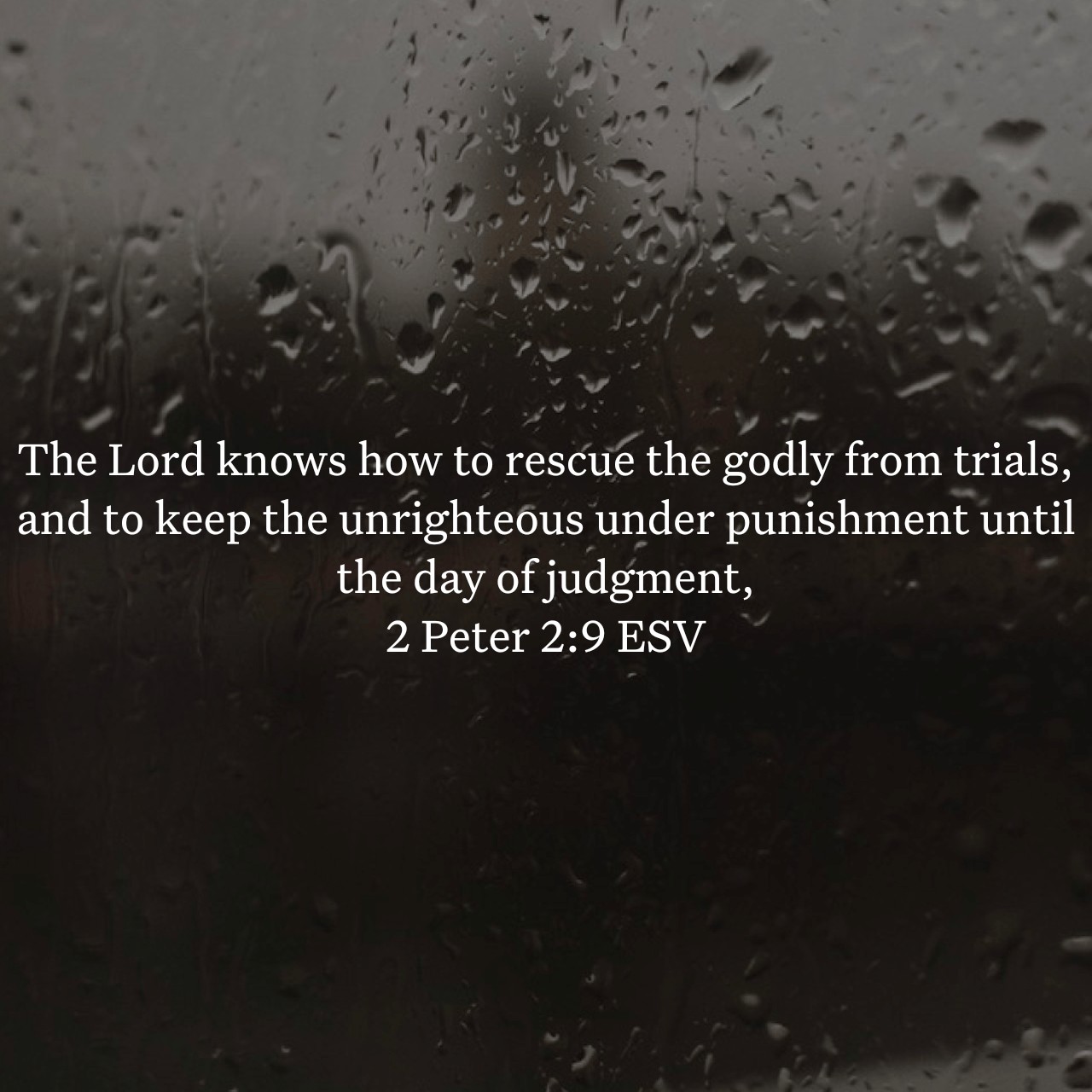Devotional 1 October 2025

Peter piles up examples to show that God’s justice is never idle. Angels who rebelled were cast into chains (Jude 6; Revelation 20:10). The ancient world perished in the flood, while Noah was preserved as a herald of righteousness (Genesis 6–9; Hebrews 11:7). Sodom and Gomorrah were reduced to ashes as an example for the ungodly (Genesis 19; Jude 7). Yet Lot, tormented in his righteous soul by their lawlessness, was rescued by God’s hand.
The lesson is clear: God punishes the wicked and rescues the godly. No one escapes His judgment. As Paul reminds us, God even raised up Pharaoh “that I might show my power in you” (Romans 9:17). Evil may appear to succeed for a time, but the Lord is preserving it for judgment. At the same time, His people are never forgotten. He knows how to preserve the righteous in the midst of trials (1 Corinthians 10:13).
This is wisdom: “The fear of the Lord is the beginning of knowledge” (Proverbs 1:7). Our lives must be grounded in Him, through Him, and for Him, “that in everything he might be preeminent” (Colossians 1:18). Peter’s message is both sobering and comforting—judgment is real, but so is deliverance. And at the center stands Jesus, “the one appointed by God to be judge of the living and the dead” (Acts 10:42), and the faithful Deliverer of all who trust in Him (2 Thessalonians 1:7–10).